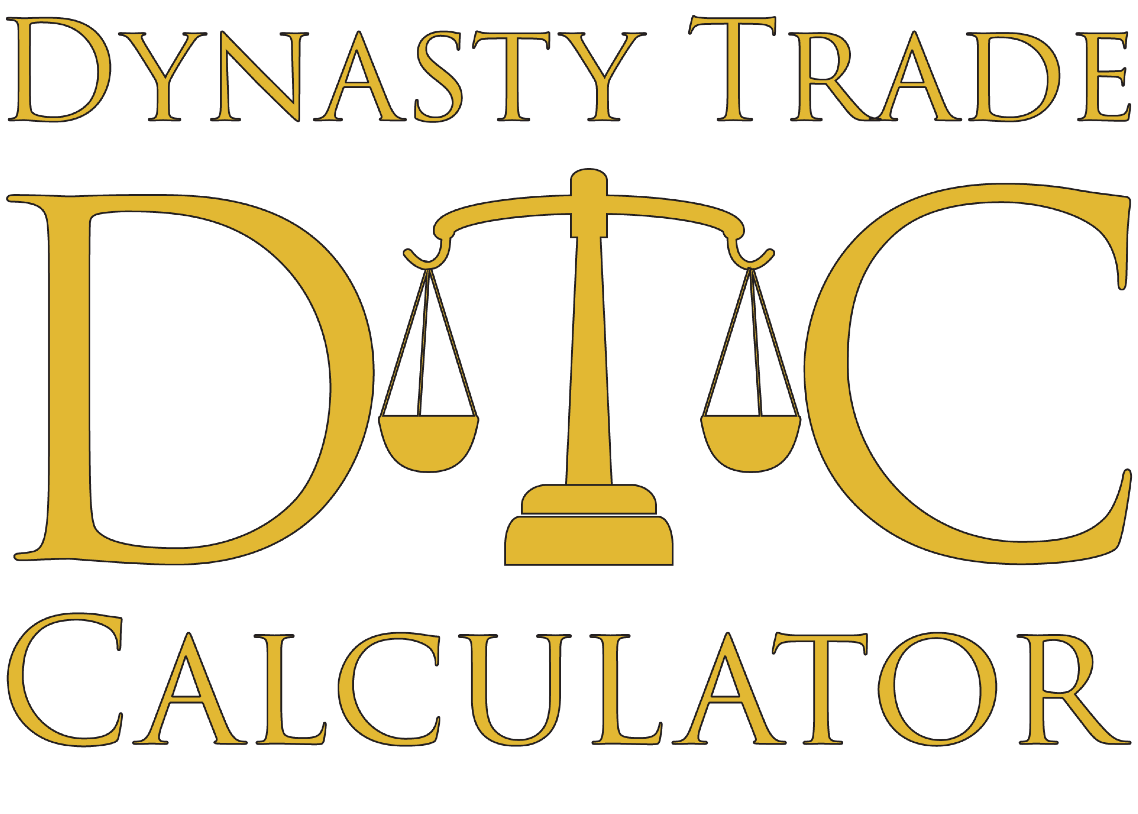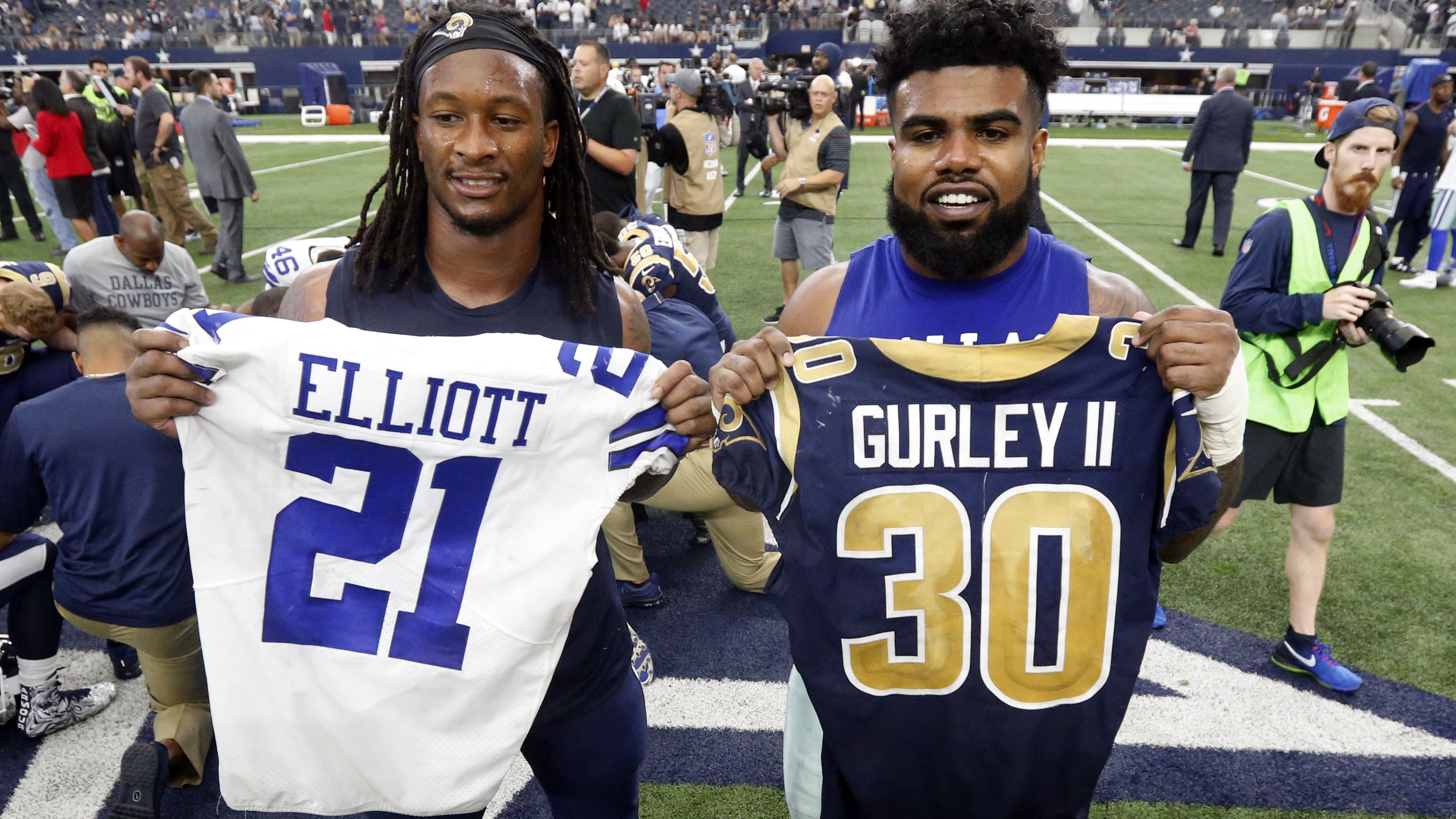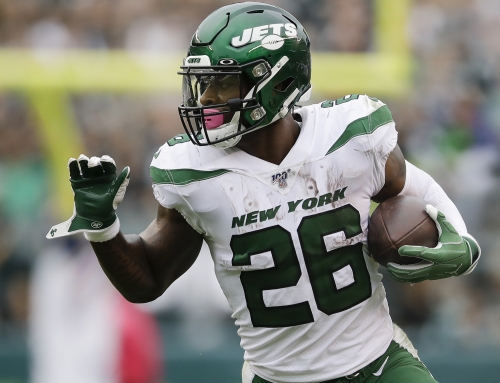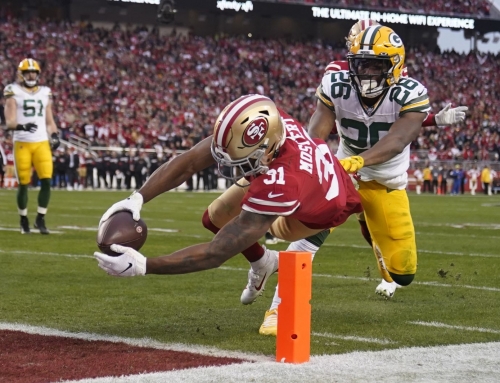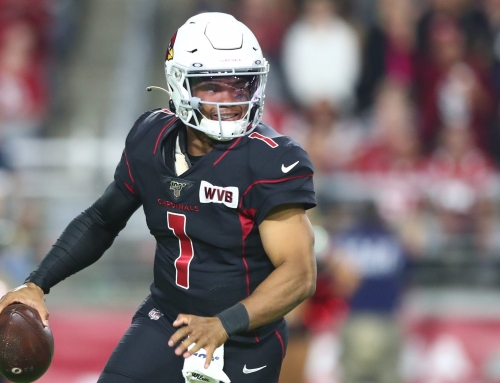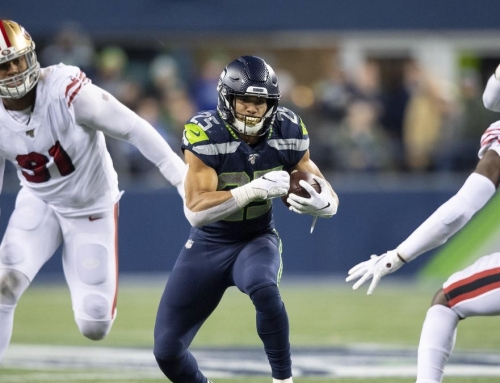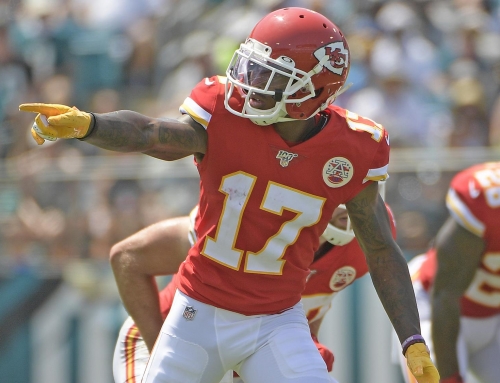So, you feel like trading, eh? What kind of trader should you be? Should you be a freewheeling deal maker? Perhaps you are a paranoid owner who worries about another owner getting one over on you. Maybe you are a person who prefers to offer fair trades from the get-go? Or, is your style to take a slight hit now only to build equity as a trading partner down the road?
Then again, are you the owner who is looking to win every trade? Maybe you just send out a ridiculous offer to gauge interest? Are you the player that sits on trades forever hoping that they expire or get revoked? Or do you just hit reject on a trade without giving a reason?
If you are more about the second set of questions, this article might not be for you. Those questions and trade tendencies are great ways towards not making many trades in dynasty or any fantasy league in general. What is truly unique about dynasty leagues is that the owners are (hopefully) constants; the same group of owners sharing a league year after year, and relationships do count for something. Sure, you may never be friends with everyone in your league, but at the very least, as potential trading partners, you can find out their needs, help them acquire what they feel their team needs, and assist them if you can.
Talk to a team owner and find out what they need. Make it about them.
If you want to be a successful trader, find out what the other team perceives itself needing. There is zero point offering a quarterback when an owner feels that their biggest weakness is at wide receiver. Simply ask the potential trading partner a question: “if you could improve one position or aspect of your roster, which position would it be,” and then wait for the answer. Not only do you know what you need, you now know what the other owner desires!
It is ok to give a fair offer to someone the first time around. Some people love to talk someone into trading with them. I have a friend that has burned through six leagues because of his trading tactics. This owner had a habit of agreeing to a specific trade but then would raise the stakes or change the offer to include different players. Sure, you might get a great deal from someone and win a trade with tendencies like this, but will those owners that you treat like that trade with you again? Not likely.
Legitimate trade offers let other owners know you aren’t playing around and that you are serious about getting a deal done. Now, this is similar when you take a someone out on a date. Don’t offer to buy your date food from the dollar menu, talk down to them, and still expect a wild ending. Instead, respect and active listening skills go a long way towards helping you get lucky in life and in fantasy football.
Biggest needs go first.
Who has the immediate need? Is it you or your potential trading partner? The owner that needs to make the trade is the one that has the most gain. I always try to be helpful to another team, but not overly helpful (offer them a good, not great, deal), as I may need help later. By letting an owner improve their situation before you do, it may build a relationship that is beneficial for both teams. When I am doing well in a league and need to improve at a position, I am willing to trade a young player for a proven player just to improve my chances for a league championship. This way, an up-and-coming team gets some youthful help, while your team gets an older, yet productive player to push you farther into the playoffs–a win-win for both teams.
When I am trying to rebuild a dynasty team, I try finding teams that are doing very well and that have a lot of young players they aren’t using in their lineups. I am more than willing to trade my older players to acquire younger players and future rookie draft picks. Once I have a solid team, I am willing to trade those draft picks for solid younger players. Rookies are as great as a shiny new quarter, but they spend the same as an old quarter. I prefer trading for 2nd and 3rd-year players that haven’t hit yet for unproven 2nd-round and higher rookie picks. The relationships that you build with a good trade can lead to more trades and subsequently, more rewards.
Are multiple partners needed?
If a team needs help at a position that your team isn’t strong at, you can still help that team make a trade. By using the relationships built through past trades, your team could gain an advantage through goodwill and specialized owner knowledge. By being of service, good karma might help you out when one of your players get hurt, cut, etc. If your team is perceived as a non-playoff threat, you may get some unexpected help. Other times, you could use your knowledge of other teams and turn that into a three-way deal that benefits everyone.
Bottom line.
In my experience, solid dynasty leagues are built on relationships between owners: some good and some bad. If you help a team out, they will be more likely to assist you too. If a team you deal with regularly is in trouble, you can offer them spare players, and they just might return the favor if you were in the same boat. Heck, I have been known to recommend another team not to help a lousy trading team in need unless they receive a good deal as some karmic payback in return. By listening to how the other owner values their players, you will get an idea of how to trade with them and how to make them feel like they won the trade. Owners that feel they won a trade will likely return for more. Try to deal with teams that are in different stages than yours when looking for trade partners and be willing to help a team find a suitable trade even if your team isn’t involved.
Thanks for reading. Throughout the offseason, I will continue to write about rookies and how you can become a better and more efficient dynasty owner so be sure to keep an eye on DTC for all of the new content. You can also follow me on Twitter @AndrewMiley.
